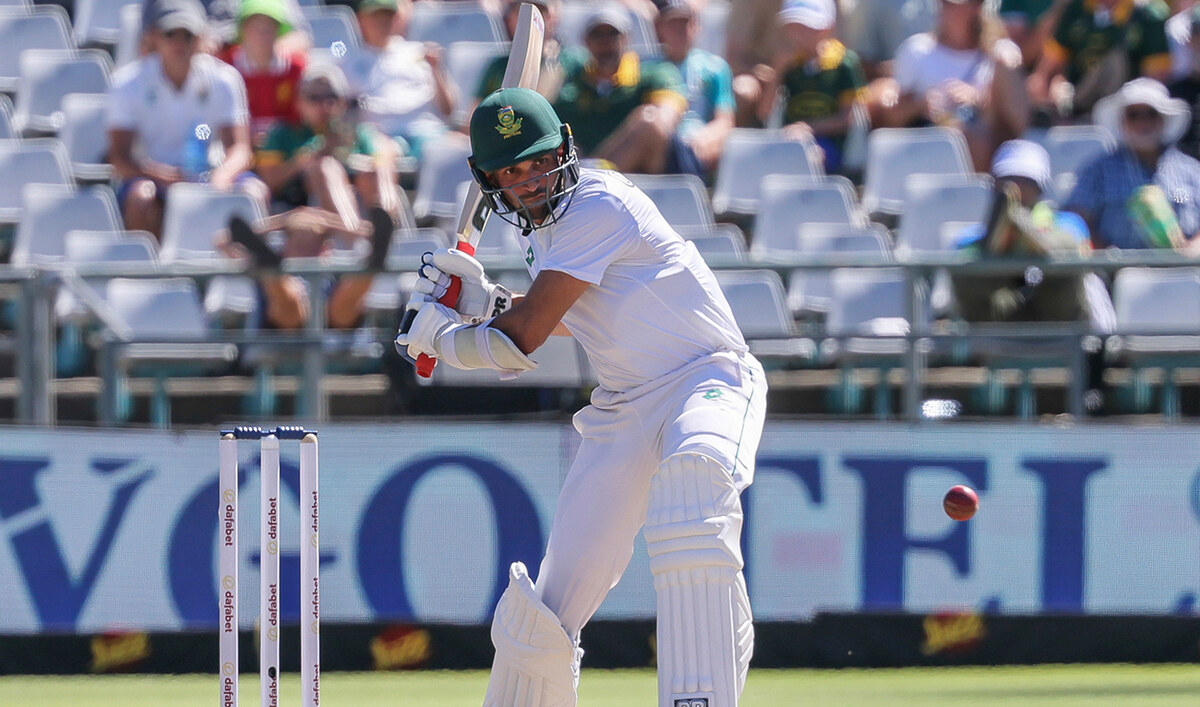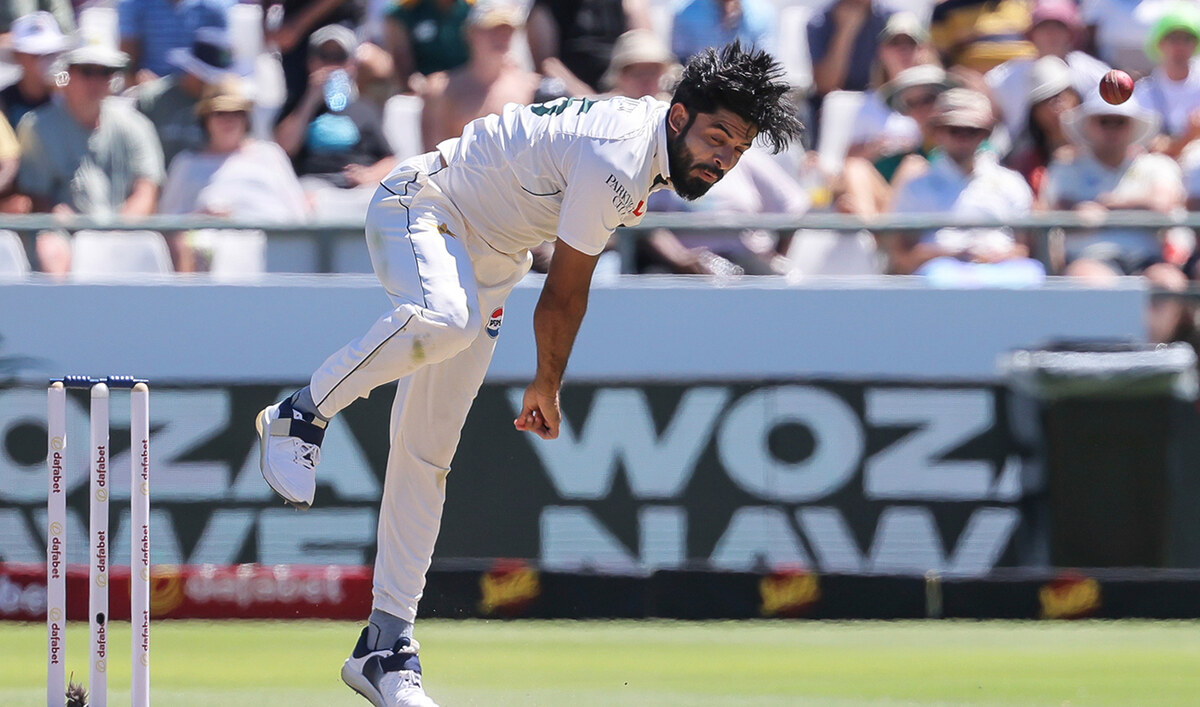ISLAMABAD: Pakistan launched its latest modern communication satellite, the PAKSAT MM1, into space on Thursday with Chinese assistance, weeks after its ICUBE-Qamar (ICUBE-Q) entered lunar orbit.
ICUBE-Q was launched into space on May 3 aboard China’s Chang’e-6 lunar mission from Hainan, China. A major milestone in Pakistan’s space exploration efforts, the satellite successfully entered the moon’s orbit on May 8, and shortly after began transmitting the first images to earth.
The launch ceremony of PAKSAT MM1 was broadcast live from the Islamabad and Karachi offices of the Pakistan Space and Upper Atmosphere Research Commission (Suparco), the country’s national space agency. The satellite was launched from China’s Xichang Satellite Launch Center.
Pakistan’s second communication satellite PAKSAT MM1 has been launched into space,” the Pakistan Television (PTV) News wrote on social media platform X to announce the development.
The state TV said the satellite would provide the best Internet facilities across Pakistan, and improve broadband, TV broadcasts and cellular connectivity.
“MM1 will provide its services in August,” it said.
Earlier, state broadcaster Radio Pakistan said the satellite has been conceived keeping in view the growing needs of the country in the broad spectrum of communication and connectivity.
“Based on advanced communication technologies, PAKSAT MM1 will play a pivotal role in the socio-economic uplift of the country and will prove to be a stepping stone in the transformation of the country into Digital Pakistan,” it said.
Earlier this week, state media said the satellite would help usher in a digital era in Pakistan by helping provide Internet to remote areas, as per Suparco officials.
Established in 1961, Suparco manages Pakistan’s space program, enhancing the nation’s capabilities in satellite communications, remote sensing and meteorological science.
Chang’e 6 is a planned robotic Chinese and Pakistani lunar exploration mission that is attempting Beijing’s second sample return mission and aims to obtain the first-ever soil and rock samples from the lunar far side and return them to earth. The samples will contain material ejected from the lunar mantle and will be used to provide insight into the history of the moon, earth, and the solar system.
The primary phase of the mission is expected to last about 53 days. Around 100 students from Pakistan’s Institute of Space Technology (IST) contributed to developing the ICUBE-Q satellite.























